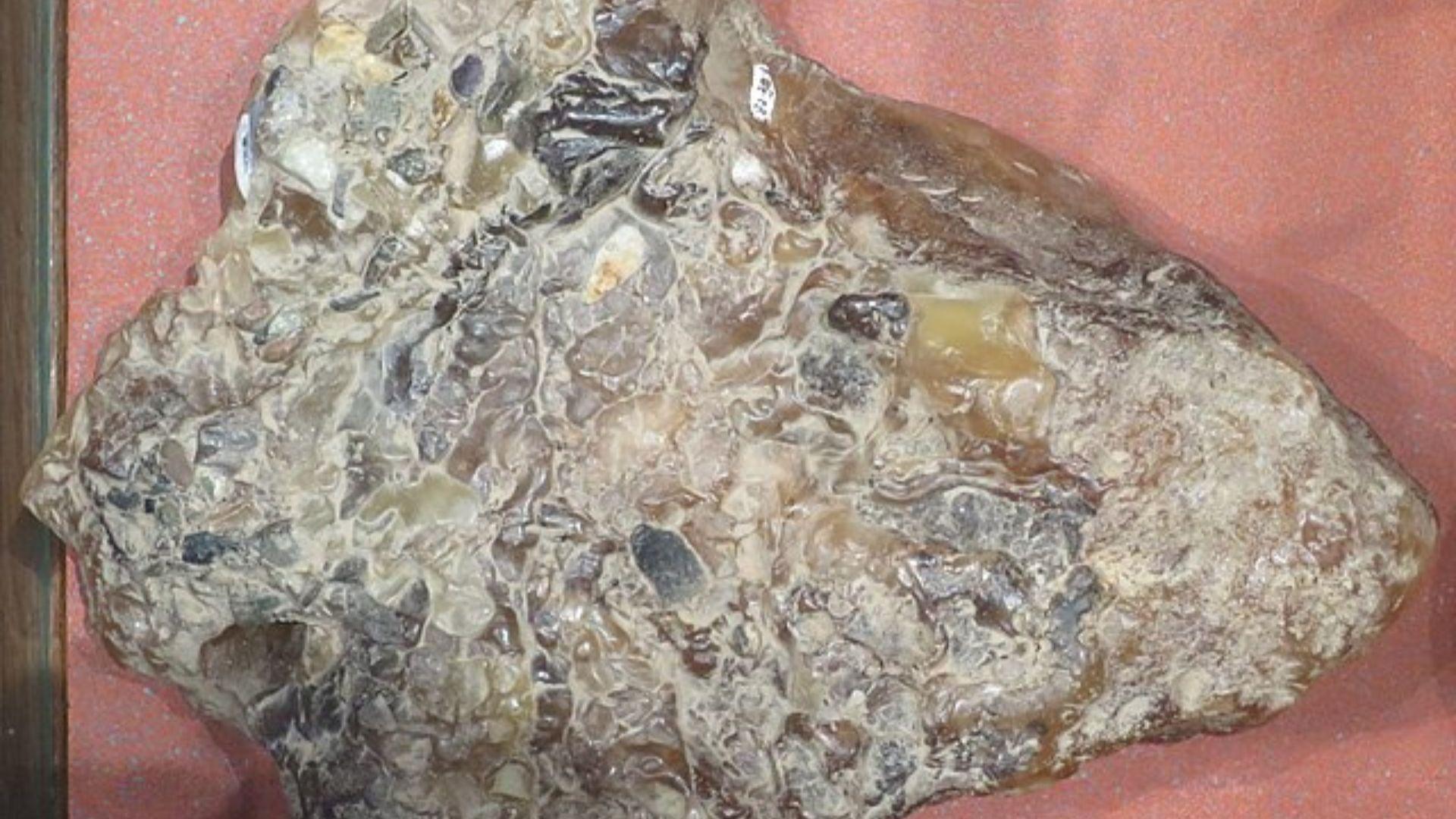In a recent event on Nogales Beach, La Palma, Canary Islands, a deceased sperm whale was found, leading to an unexpected discovery during its autopsy.
This incident has garnered significant attention due to the rare and valuable find within the whale’s remains, unveiling a hidden aspect of marine biology and its potential economic implications.
The Cause of Death: An Unusual Autopsy Result

The whale’s death, initially a mystery, was investigated by Antonio Fernández Rodríguez, head of the Institute of Animal Health and Food Security at the University of Las Palmas.
During the autopsy, Rodríguez discovered an obstruction in the whale’s colon. This obstruction was not only unusual but also turned out to be the likely cause of the mammal’s demise.
Identifying the Mysterious Object

Rodríguez extracted a large stone-like object from the whale, measuring approximately 60 centimeters in diameter and weighing 9.5 kilograms.
The object was identified as ambergris, a rare and valuable substance. The discovery of ambergris in this context is rare, as it is produced by less than one percent of sperm whales.
The Value of Ambergris

Ambergris is a highly prized substance in certain industries, particularly in perfume making.
The piece found within the whale in La Palma was exceptionally valuable, estimated to be worth over $500,000. Its rarity and usefulness in perfumery make ambergris a sought-after commodity in the global market.
Understanding Ambergris

Contrary to popular belief, ambergris is not whale vomit, but a waxy substance produced in the digestive system of sperm whales.
It forms from indigestible parts of the whale’s diet, primarily squid and cuttlefish. Over time, this substance can accumulate and harden, eventually being expelled by the whale.
The Fatal Impact of Ambergris on the Whale

The ambergris blockage in the whale’s intestine led to fatal sepsis.
This situation highlights a rare but serious risk for sperm whales, where the production of ambergris, typically harmless, can occasionally lead to health complications or even death.
Sale of Ambergris for a Charitable Cause

After the discovery, plans were made to sell the ambergris.
The funds raised from this sale are intended to support the victims of the 2021 volcano eruption on La Palma.
International Laws Governing Ambergris

The legality of possessing and selling ambergris varies from country to country. In some regions, it is a banned substance, while in others, it is legal.
The sale of the ambergris from the La Palma whale is being conducted under the legal framework of the region, with the hope of benefiting the local community.
Ambergris in Perfumery

Ambergris is highly valued in the perfume industry due to its unique properties. It can vary in scent, often described as ranging from sweet to musky.
The substance also contains ambrein, a component used in perfumes to enhance and sustain their fragrance.
Ethical Concerns and Alternatives to Ambergris

The use of ambergris, while valuable, raises ethical concerns regarding whale conservation.
There are ongoing discussions in the scientific community about the need to protect whales and consider synthetic alternatives to ambergris, which would help in reducing the exploitation of marine life.
Ambergris: A Path to Prosperity for Some

In certain cases, the discovery of ambergris has led to significant financial gain. For example, a group of fishermen in the Gulf of Aden found a chunk of ambergris worth approximately $1.5 million.
This discovery dramatically improved fishermen’s economic circumstances, allowing them to invest in homes, vehicles, and boats.
Reflecting on the Ambergris Discovery

The discovery of ambergris in the sperm whale at La Palma serves as a reminder of the ocean’s mysteries and the value they can hold.
While the whale’s death was unfortunate, the subsequent findings have contributed to scientific understanding and offered a potential benefit to the local community affected by natural disasters.
